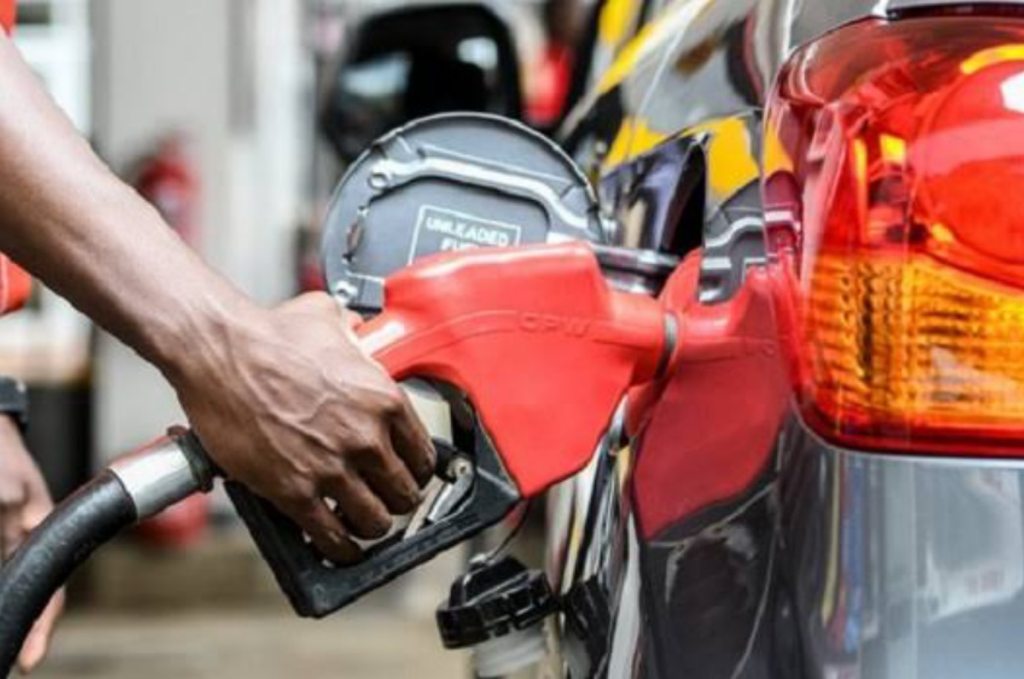The loading cost of Premium Motor Spirit (PMS) at private depots in Nigeria dropped to N925 per litre on Monday, marking a N27 reduction from the N952 per litre recorded at the highest-selling depot last Friday.
Impact of Dangote Refinery’s Price Reduction
Marketers attribute this price drop to Dangote Petroleum Refinery’s decision to reduce its ex-depot price of PMS from N950 to N890 per litre, effective from Saturday. This unexpected price shift has come at a significant cost to many petroleum marketers who had purchased products at higher rates before the reduction. Some of these marketers now face losses running into millions of naira, as they may be forced to sell below their procurement cost to remain competitive.
Depot Price Movements Across Nigeria
Data obtained by FRONTPAGE analyzing petrol price fluctuations at various loading depots revealed a notable reduction in costs across the country, though the retail pump price remains unaffected as of now.
- Nipco Depot lowered its price from N952 to N935 per litre.
- Chipet reduced its loading price from N945 to N935 per litre.
- Aiteo slashed its cost from N942 to N925 per litre.
- Wosbab Depot dropped its price from N947 to N930 per litre.
- Rain Oil Depot adjusted its price from N947 to N935 per litre.
In Warri, depots also followed the trend:
- Matrix Depot reduced its price from N970 to N960 per litre.
- AYM Shafa also dropped its price from N970 to N960 per litre.
In Calabar:
- Zone 4 Depot reduced its price by N8, bringing it down from N958 to N950 per litre.
- Alkanes sold at N949 per litre.
- Northwest Depot adjusted its price to N950 per litre.
Expert Reactions to the Price Reduction
Industry experts have weighed in on the price reduction. Olatide Jeremiah, an oil and gas analyst, stated that the decline was expected due to Dangote Refinery’s impact on the market.
“Dangote Refinery’s reduction of petrol to N890 per litre has influenced private depots and importers to immediately review their fuel prices downward. His refining capacity and gantry loading infrastructure have solidified his position as a market leader in the downstream sector. The era of hoarding and price manipulation is over. The market share war has forced all players to be more competitive, and this should soon reflect in reduced fuel prices at the pump,” Jeremiah stated.
Call for Regulatory Oversight
Jeremiah further urged the regulatory authorities to enforce stricter control over retail filling stations to ensure that reductions in depot prices immediately translate to lower pump prices for consumers.
With these changes, the Nigerian fuel market is experiencing significant shifts, and consumers are eagerly awaiting the impact of these reductions at retail stations across the country.













